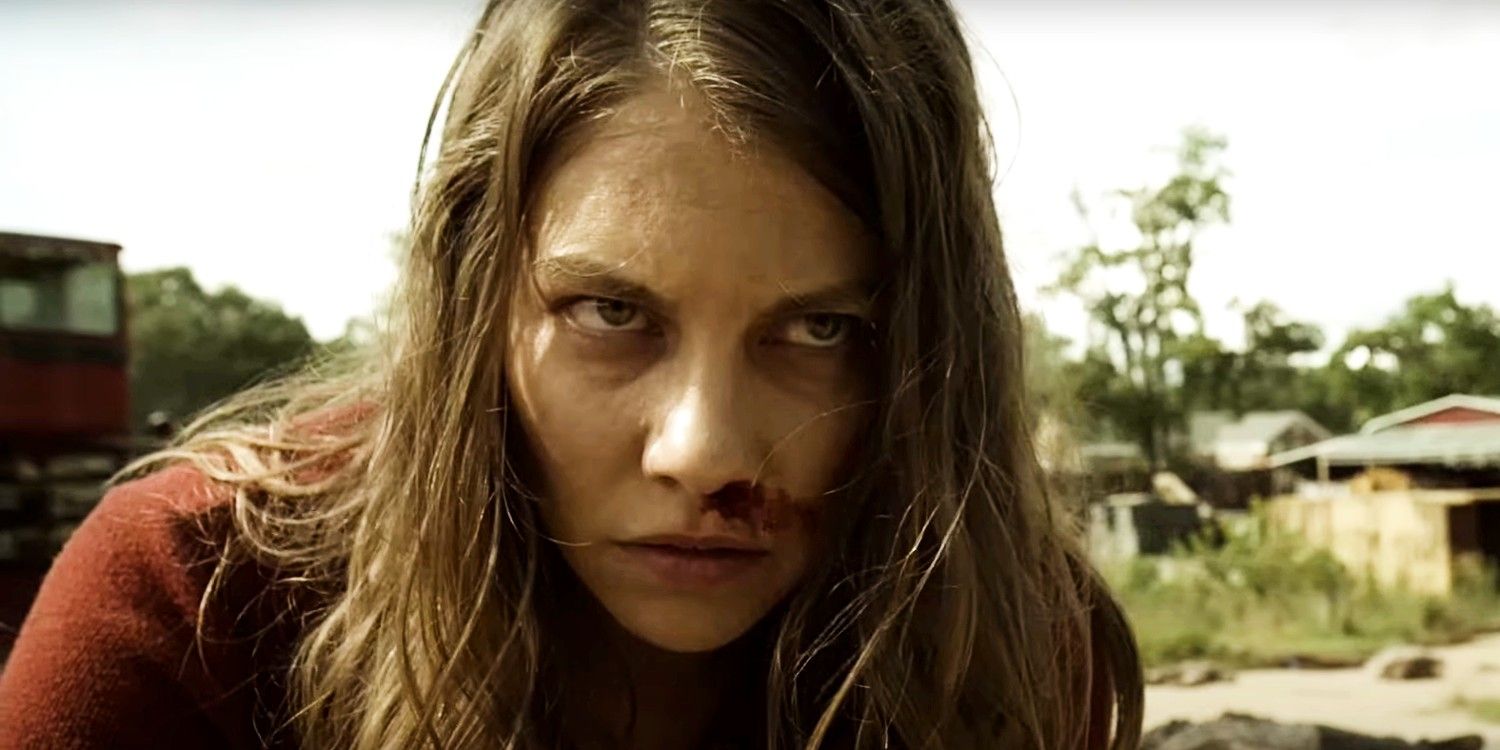After 12 years, filming has wrapped on The Walking Dead season 11, the landmark show's final entry. Based on the comic book series of the same name, the acclaimed post-apocalyptic drama show first aired on AMC on October 31, 2010. With over a decade on air to its name, the reign of The Walking Dead earned numerous accolades, including a Golden Globe Nomination in 2011. The show, especially during the first half of its run, enjoyed incredible commercial success as well – in fact, the fifth-season premiere episode, in particular, became the most-watched series episode in cable history up to that point.
As ratings continued to decline during its later seasons, AMC confirmed the show's ending in September 2020 and announced the eleventh and final seasons' separation into three separate, eight-episode sections, a choice made in order to fully satisfy fans with the shows' ending that would allow the series to tie up any loose ends. The premiere of part two of "The Final Season Trilogy" premiered on AMC on February 20, 2022, and the finale of part two will air on April 10. The final eight episodes of The Walking Dead will air later this year.
While fans know all too well the impending ending of the show, a post straight from the source recently confirmed its reality – The Walking Dead showrunner Angela Kang posted a photo from the last day of set on her Instagram, posing with actress Lauren Cohen. Both women have been a part of the show almost since its inception – with Cohen playing the character of Maggie since its second season, and Kang joining The Walking Dead the same season but as a story editor. Kang served as producer/co-producer of the show until becoming showrunner for seasons 9 through 11. Interestingly, many critics noted a revival in the high quality of The Walking Dead in its final years due to Kang's creative vision.
Click Here to View the Original Post
Both the series The Walking Dead and the comic books that inspired it are arguably products of the cultural "zombie renaissance" that occurred in the first decade or so of the twentieth century, and its instant success illustrates the relevancy of the genre to the popular entertainment at the time. The Walking Dead possessed the credentials to ensure its rightful place in said zombie genre resurgence as well – in fact, the make-up effects supervisor and executive producer of the show Greg Nicotero trained alongside George A. Romero an icon of the zombie genre that has made such films as Night of the Living Dead, Dawn of the Dead, and Day of the Dead. The Walking Dead furthered this modern zombie renaissance as it built an entire universe of shows around the flagship entry, including Fear the Walking Dead and The Walking Dead: World Beyond.
The Walking Dead and its subsequent spinoffs sculpted an impressive and lingering cultural legacy. The sheer breadth of seasons not only spoke to the enduring popularity of the zombie apocalypse genre, updating its relevancy for contemporary fans, but it also created a stand-alone triumph all on its own that crossed the boundaries of television to include video games and web series, and excitingly, an upcoming film series starring Andrew Lincoln, who played Rick in the earlier seasons of the show. Indeed, the ending of The Walking Dead, to fans' relief, seems only an ending to one part of its immense legacy.
Source: Angela Kang

